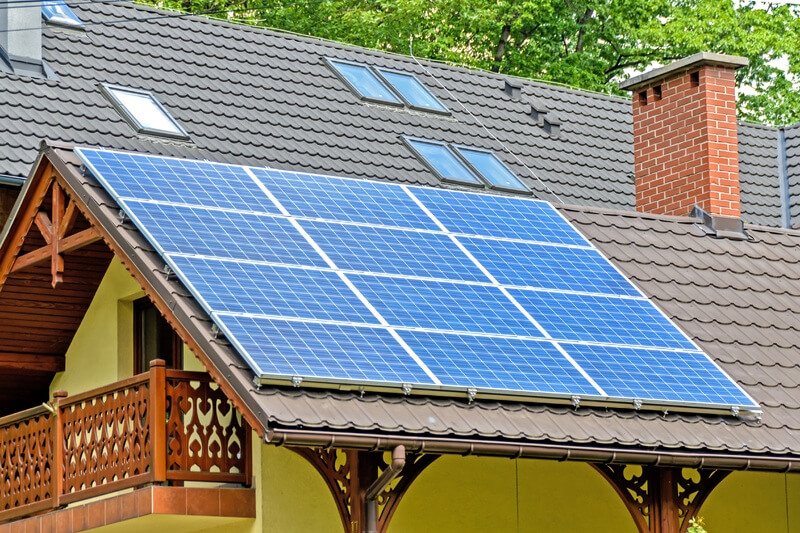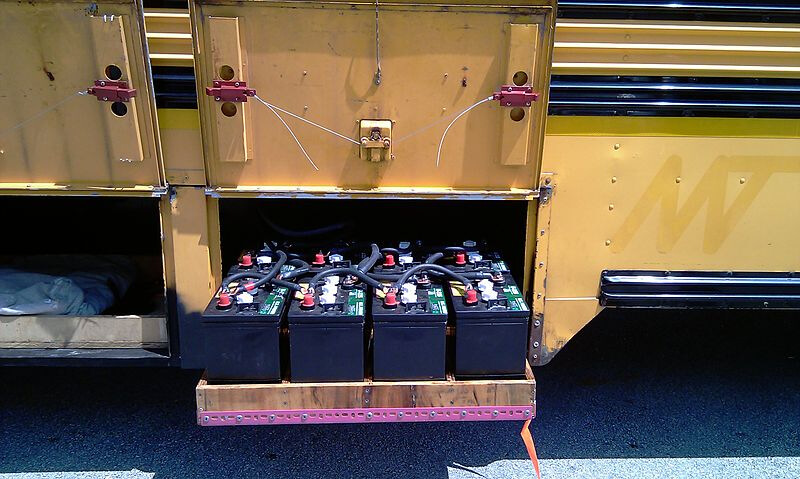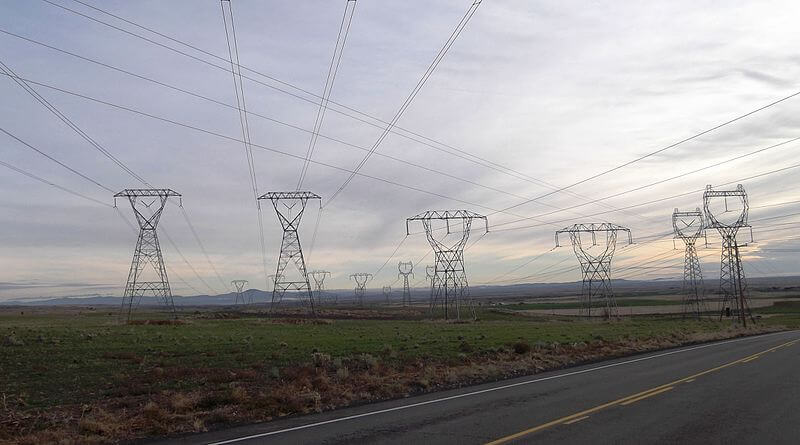If you have chosen to make the shift to renewable solar energy, then we should congratulate you first and foremost, as your decision will have positive consequences for the environment. It will also end up in some significant savings in terms of energy bills in the long run. However, it is important to consider which type of solar panels are best suited for your energy requirements, and this is the question we will explore in this section. It is important for you to be aware of the fact that the solar panels you install are not directly responsible for supplying power to your appliances. Instead, it merely charges the battery, which in turn is responsible for providing power to your devices and appliances, depending upon the requirement.
Keep in mind that the total home load that you will be putting on your panels is basically dependent upon your inverter capacity. On the other hand, the amount of backup power you can have access to, depends largely on the range of the battery that you will be using. So it is important to buy an inverter and a battery that is of good quality and that will allow you to get the best out of your solar panels. Typically, we recommend that the range of the panel should ideally be double of that of the battery to get optimum levels of performance.
Residential or Commercial Purpose
First, to start things off, you should know that 12v panels are ideally best suited for small residential homes or smaller housing projects. 24v panels on the other hand, have been designed to bear heavy loads. Apart from this, we will also explore a few other technicalities which will allow you to make a more nuanced choice.
Battery Compatibility
One of the most important things to consider is the efficiency rating of the battery. Make sure that you pair a 12v battery with a 12 v solar panel. You should also make note of the fact that 24v-rated batteries are not available in the market. So if you wish to install 24v panels, then you can join two different 12v batteries, in what is called a series connection to power your panels without issue.
Inverter Compatibility
The next aspect to consider is the matter of inverter compatibility. Just like the solar panel should be compatible with the rating of the battery, the same goes for the rating of the inverter. So basically, a 12v inverter should be paired only with a 12v solar panel. The market also has 24v rated inverters, so you can easily pair that with 24v panels if you wish to do so. You also have the option of 48v inverters if you’re looking to install some really heavy-duty solar panels for commercial or other non-residential purposes.
Charge Controller Compatibility
Following this, we move to the question of the compatibility of the charge controller. Just like previous compatibility markers, this one also has to have the same rating as your panels, battery as well as inverter. You should specifically make sure that the rating of the solar panel is not higher than the rating of the charge controller, as this can lead to serious damage to your panels.
Practical Application Assessment
Now we come to the question of application, and whether a 12v panel or a 24v panel will be better suited for your needs and requirements. A 12v solar panel supports a range of different applications such as street lights, tourist vans, shops, small homes, solar water pumps, fishing boats and many others.
24v panels, on the other hand, are considered to be ideally suited for large-sized homes, which have many different heavy-load appliances and devices which are used on a day-to-day basis. They are also ideally considered to be the best option for commercial spaces as well as large-scale businesses such as hospitals, banks, factories, public parks, solar parks, etc.
Finally, we come to the range of different types of panels. For your information, 12v panels are available in 10W, 20W, 40W, 50W, 125W, 160W and 180W variants. On the other hand, 24v panels are available in only two selected variants, which are 330w and 350w respectively.
- 300 Watt Solar Panel Prices in India: 2023 - March 8, 2023
- 500 Watt Solar Panel Prices in India: 2023 - March 5, 2023
- Loom Solar Panel Price: 2023 - February 19, 2023



